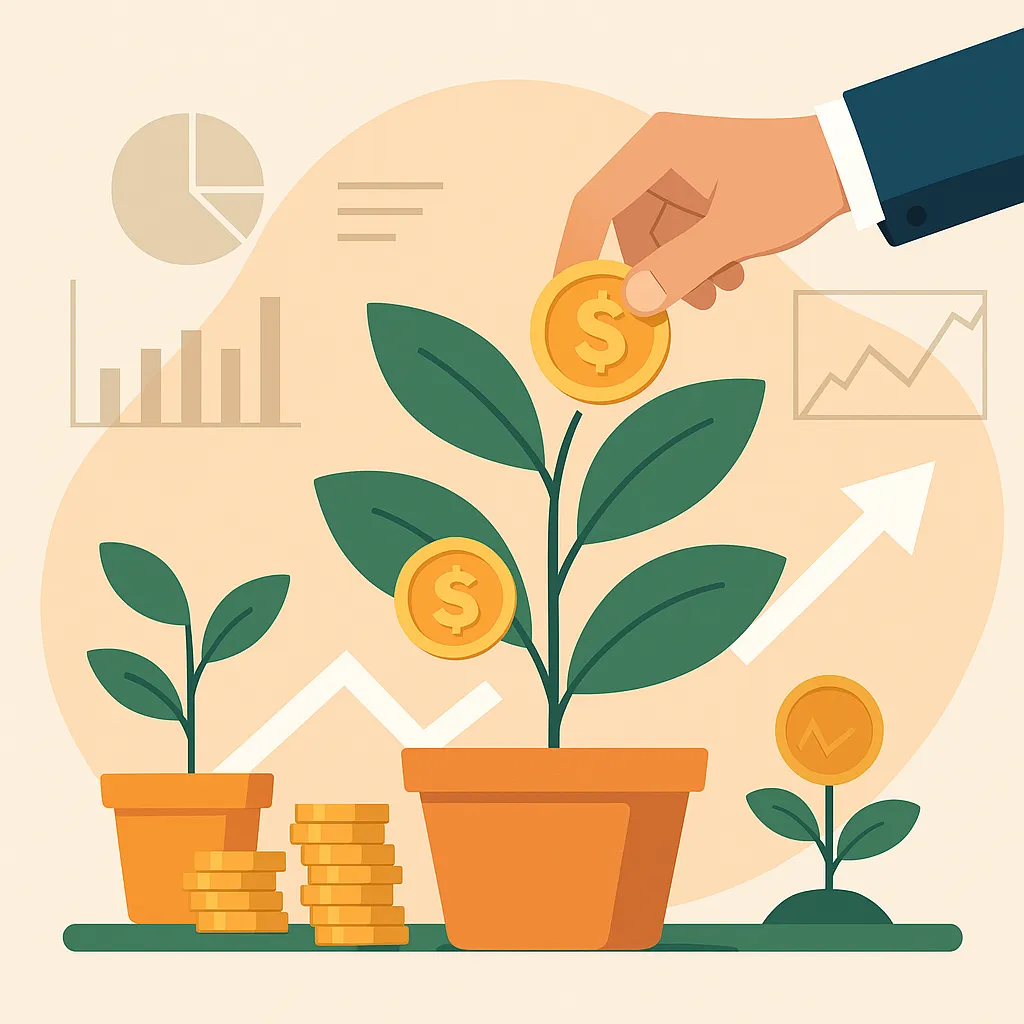
2025 Financial Trends Every Household Should Know
Managing your money in today’s world can feel overwhelming—but staying informed can make all the difference. As we move through 2025, here are some key financial trends that are shaping how individuals and families budget, save, pay off debt, and plan for the future.
Inflation is Slowing—But Prices Are Still High
After years of rising costs, inflation is finally starting to ease. While this is good news, many families are still feeling pressure at the grocery store, gas station, and when paying monthly bills. What this means: budgets need to be adjusted, not just to cut back—but to make room for long-term financial goals like saving, investing, or paying off debt faster.
Credit Card & Loan Rates Are Still High
Although interest rates may start to come down slowly, most credit card and loan rates are still higher than they were just a few years ago. If you’re carrying balances on high-interest accounts, 2025 is a smart time to look into restructuring debt, improving credit, and exploring payoff strategies that reduce what you owe over time.
Budgeting Tools Are Getting Smarter
New apps and tools are making it easier than ever to track your spending, set goals, and stay on budget. Many now connect directly to your bank accounts and can even categorize expenses automatically. If you haven’t reviewed your financial habits lately, this is a great time to take a closer look—and set clear goals for the year ahead.
More People Are Seeking Financial Coaching
More individuals and families are turning to personal financial coaches for guidance—not just investment advice, but help with day-to-day money decisions. From creating a debt payoff plan to building emergency savings, the focus has shifted toward financial stability and peace of mind.
This reflects a bigger change: people want financial progress that feels realistic, personalized, and long-lasting—not just fast fixes.
“Financial Freedom” Is Becoming the New Goal
In 2025, the idea of being financially free means different things to different people. For some, it's about having no debt. For others, it means saving enough to cover emergencies or being able to spend more time with family without worrying about bills.
Regardless of how you define it, the path toward financial freedom starts with understanding where you are now—and setting a plan that fits your lifestyle, not just your paycheck.
💡 Key Tips to Keep in Mind:
Review your income and expenses at least once a month.
Focus on one financial goal at a time—like building a $1,000 emergency fund or paying off a credit card.
Avoid “all or nothing” thinking. Even small progress adds up over time.
If you're overwhelmed or unsure where to start, it's okay to ask for help.
In Summary:
2025 is shaping up to be a year of rebuilding and rebalancing. The financial world is changing, and so are the tools and resources available to everyday people. Whether you're trying to get out of debt, build your savings, or just feel more in control of your finances, staying informed is your first—and most powerful—step.
You don’t need to be wealthy to be financially secure. You just need a plan, the right support, and the willingness to take one step at a time.
